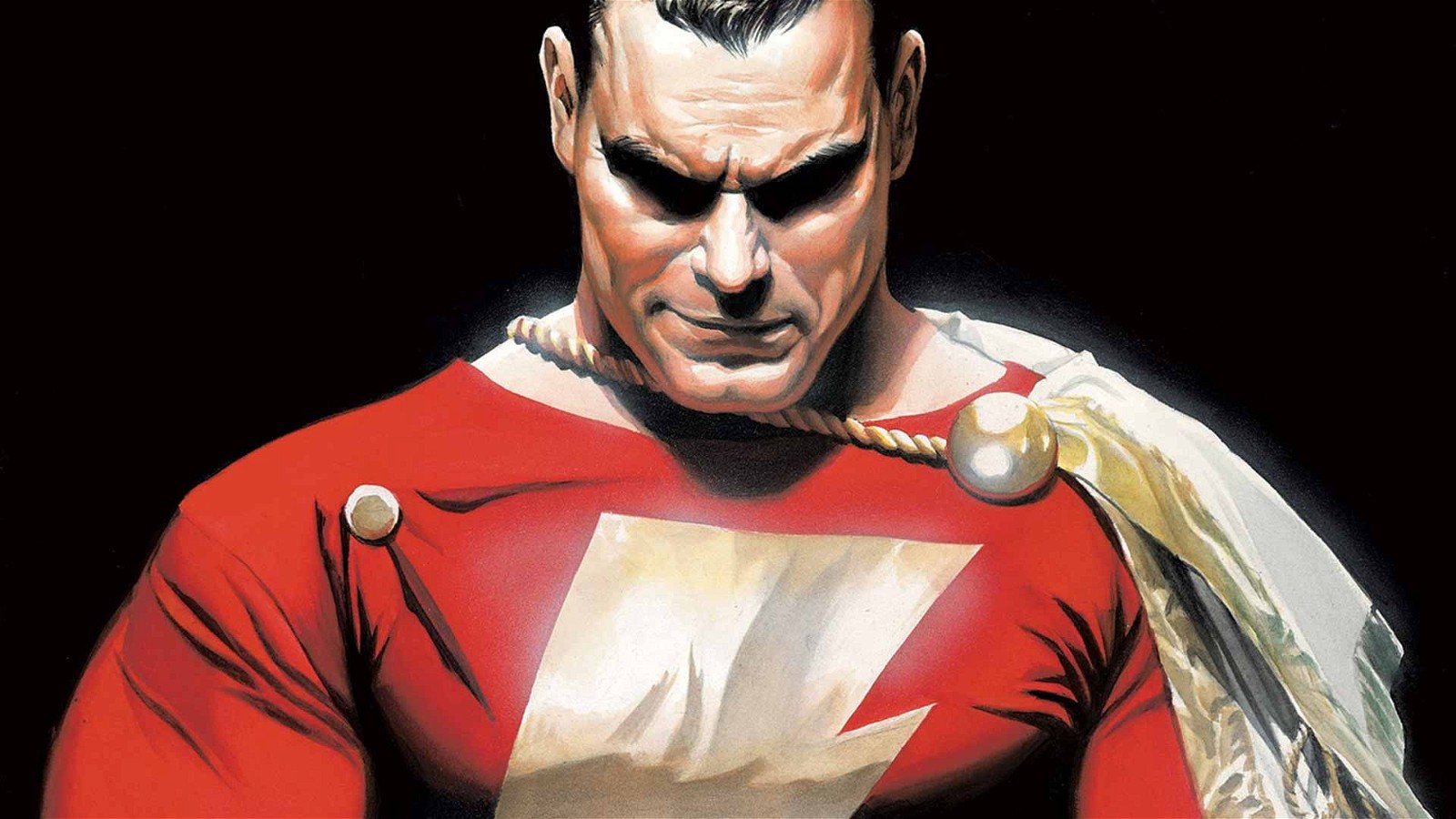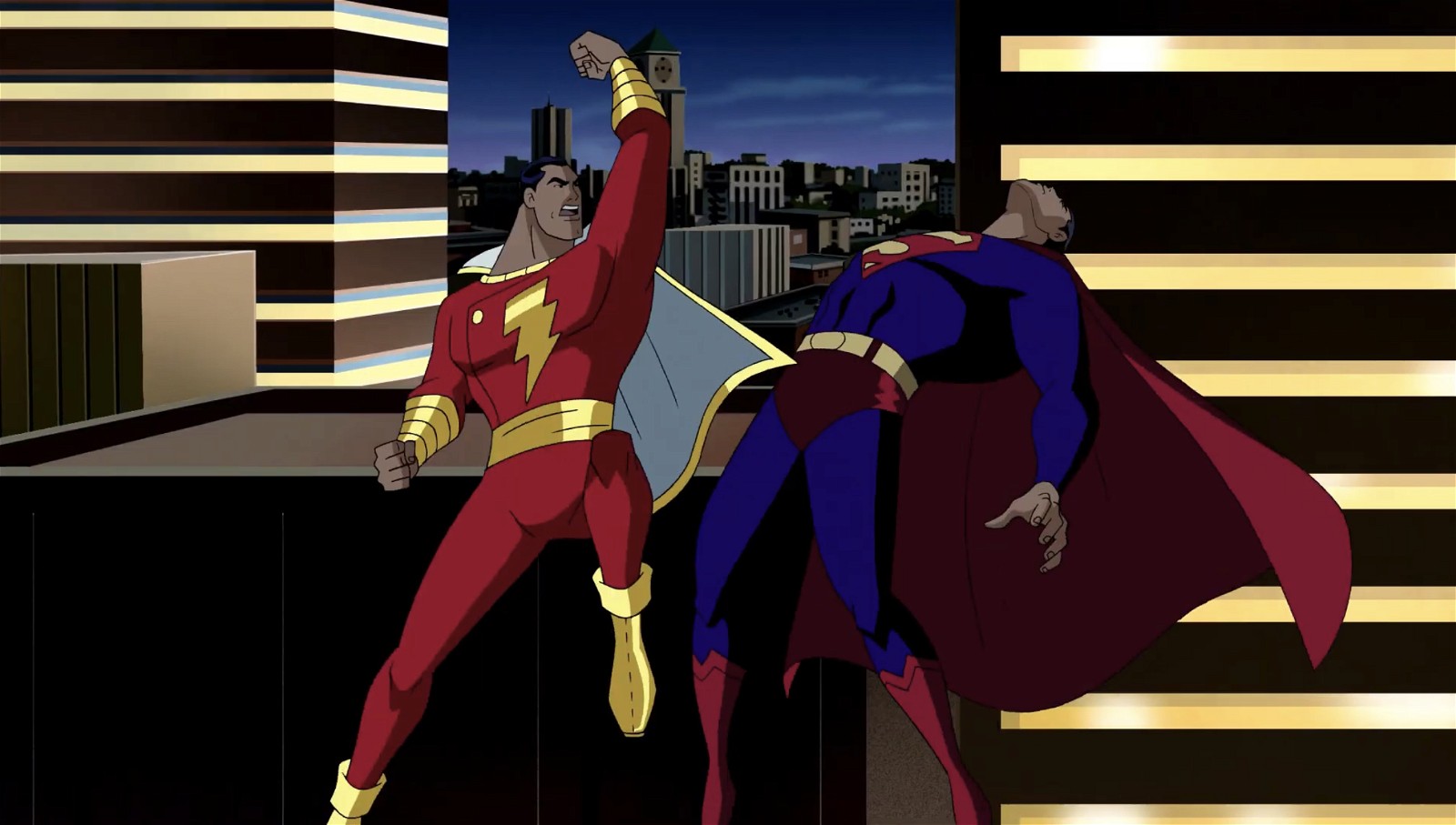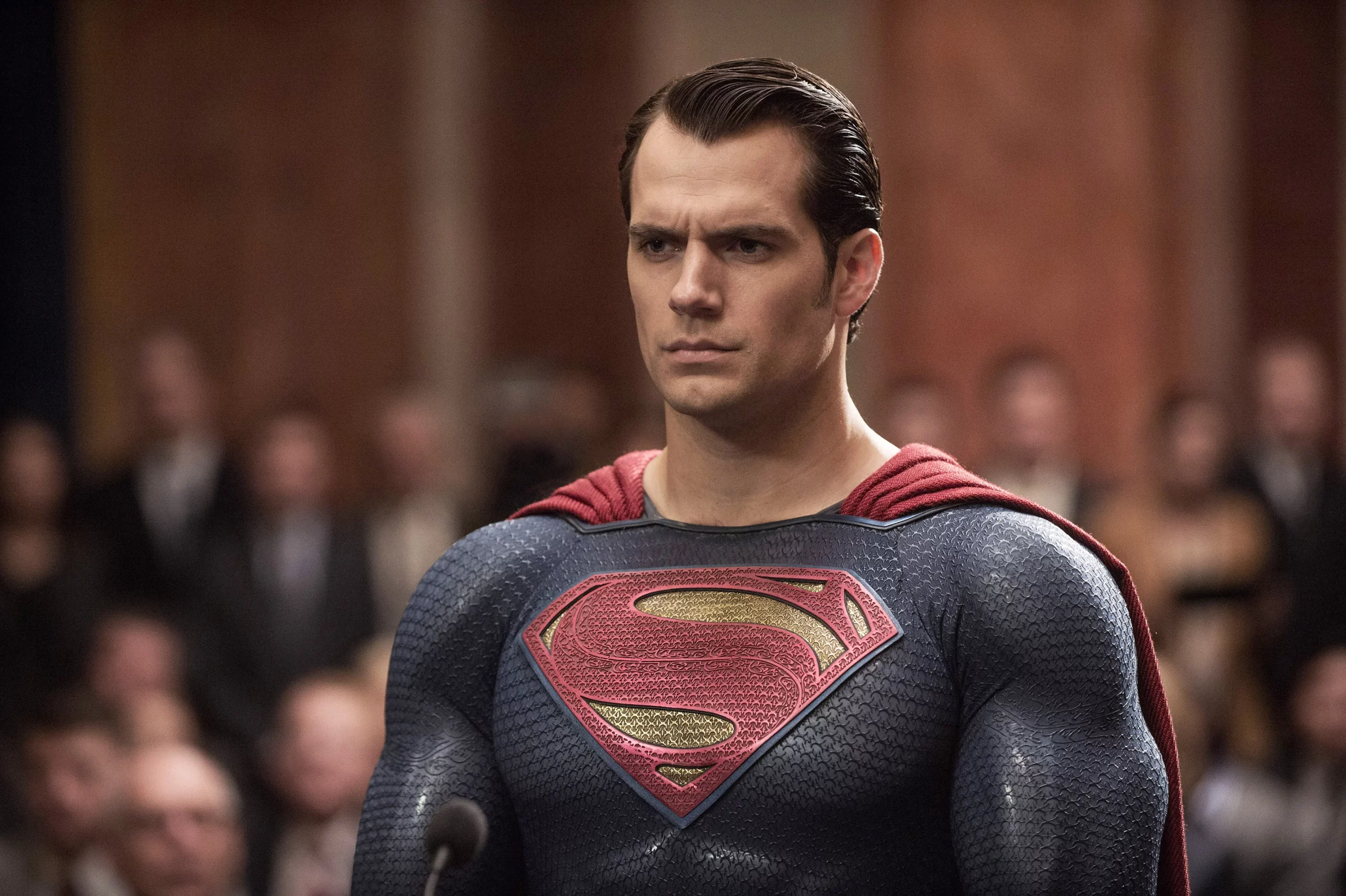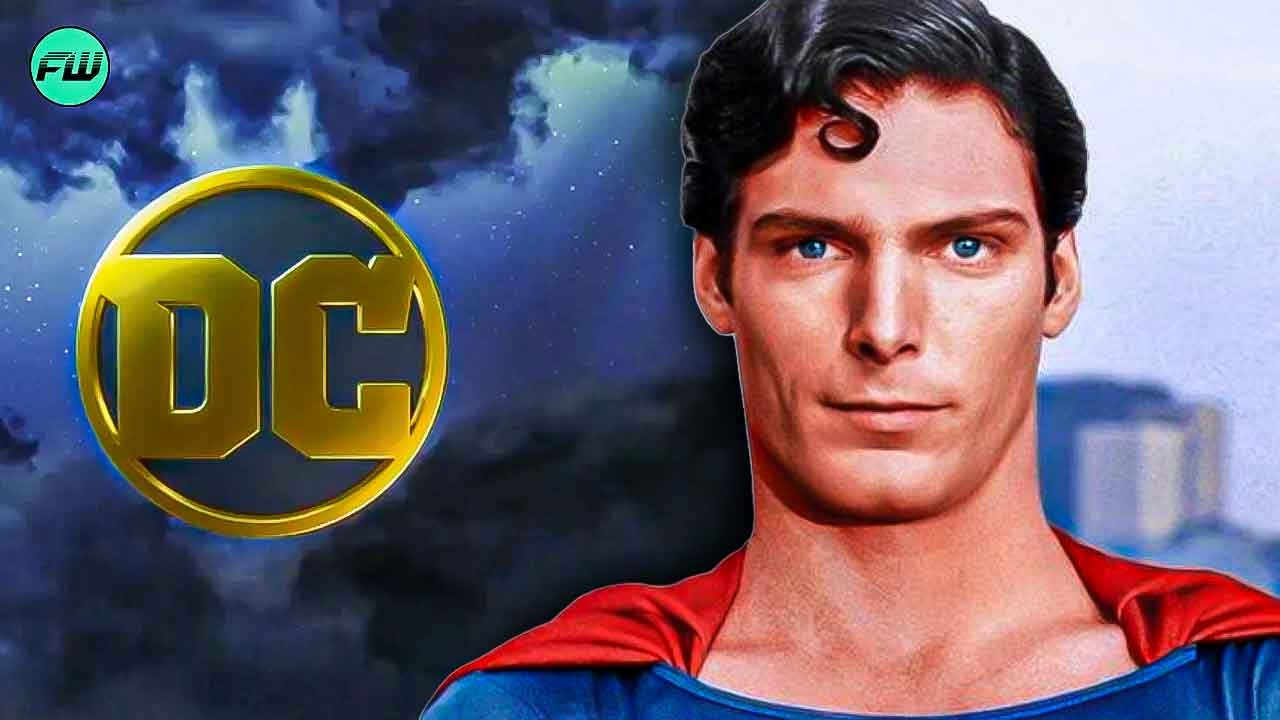Today, when we say Captain Marvel, folks often think about Brie Larson’s character in the MCU. Seldom do people in the mainstream think of a red, yellow and white Superman archetype, one that almost took out the Big Blue Boy Scout in his prime, only to be brought down by legalese.

Before he was Shazam, Captain Marvel was perhaps the most popular comic book character of the 1940s, rivaling and even exceeding the likes of Superman. He was the superhero character to receive the motion picture treatment, starring in a 12-part series titled The Adventures of Captain Marvel, which went on to influence directors like Steven Spielberg and George Lucas, who would employ the style in franchises like Indiana Jones.
National Comics sued Fawcett Comics for copyright infringement

The success of Superman was something that a lot of other comic companies tried to ape. When he first started, Superman was far eclipsing other comic book characters in sales, until Captain Marvel came onto the scene. The character, unlike its other comic counterparts like Atoman (from Spark Comics) and Superhombre (who would eventually mature into Marvelman, the British counterpart of Captian Marvel), Captain Marvel was dominating the comics scene, only for its success to come to a screeching halt, thanks to DC’s lawsuit against Fawcett Comics. DC was then known as National Comics, which was a direct predecessor of the brand we know today.
National Comics was under the impression that Superman and Captain Marvel were almost indistinguishable from each other, given that they both identified themselves as cape-wearing strong men in tight-fitting outfits, routinely displaying feats of strength and speed. National Comics even brought evidence, in the form of comic panels that were drawn similarly to Superman comics, albeit from a different angle.
The lawsuit would end up taking 7 years to come to court, as World War 2 intensified. All the evidence pointed towards a clear case of copyright infringement. However, the court ruled in the favour of Captain Marvel.
National Comics failed to file a copyright for Superman properly

The district court, to which this case was presented, ruled that DC had, in fact, lost the copyright to Superman. The company had licensed Superman to McClure, who now had the newspaper syndication rights for the character. However, this company had failed to include the copyright notice on the Superman comic strip. This essentially meant that even if Captain Marvel copied Superman, no action could be taken against Fawcett Comics because Superman had fallen out of copyright.
Now the battle was for DC to prove that Superman still had a copyright, to allow for there to be a case against Captain Marvel. DC appealed the verdict made by the district court, which then examined DC’s own publication of the comics. This proved that Superman did not fall out of copyright, because DC had published the copyright notice with each one of their own publications. Hence, the court proved in favor of the Man of the Steel over the Mightiest Mortal. Fawcett, suffering under the damages that it had to pay to DC and the failing comics market, shut production, bringing an end to Captain Marvel in 1953.
However, the Mightiest Mortal would make his debut again, almost 20 years later. He would still be called Captain Marvel but the name of his comic would be changed to…Shazam!

